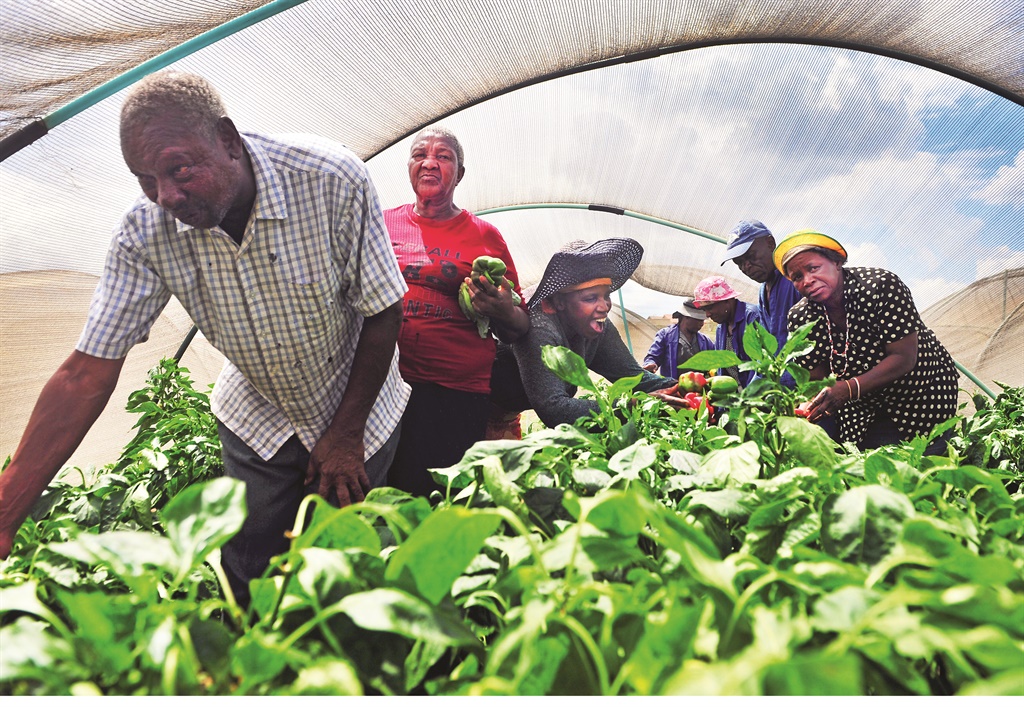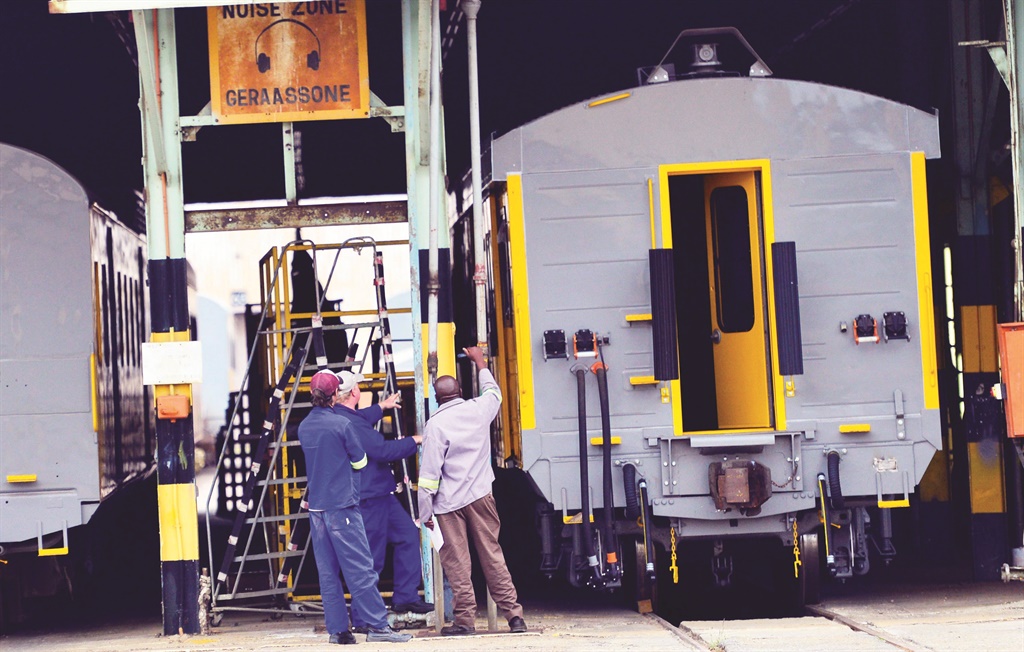
This series is reported by City Press and sponsored by the IDC
It’s one of the country’s biggest crises: about 63% of the 20 million South Africans aged between 15 and 25 are unemployed.
Even those who have managed to study towards a degree have landed in the unemployment queue.
But for those young people who have taken the leap of faith and dared to start their own businesses, the rewards are great. They are able to do more than just provide for their own families and supply goods and services to their neighbourhoods – they have also been able to provide much-needed jobs for others like them.
Together with the National Youth Development Agency (NYDA) and the Small Enterprise Finance Agency (Sefa), the Industrial Development Corporation (IDC) has made a R2.7 billion commitment over five years to invest in quality youth businesses across all sectors, including manufacturing, agriculture, metals and mining, and industrial infrastructure.
IDC officials say that while many young people have good business ideas, they fall short in their execution because of a lack of financial backing and business skills.
“A challenge that young people who want to start businesses have is that they have never been employed anywhere. They don’t have any exposure to working life and the skills that can be acquired in those environments,” said Stuart Bartlett, the IDC’s head of development impact support.
“It is imperative for us as a development finance institution to contribute to addressing the youth unemployment crisis.”
The first hurdle for young entrepreneurs is often a lack of capital. Those turned down by banks often believe they are out of options, when in fact there are other avenues that could provide them with cheaper loans and assist them with their business development.
Daniel van Vuuren, senior youth enterprise specialist at the IDC, stressed the importance of support structures, especially in the early days of a business.
“In our bid to curb youth unemployment, we have made a series of commitments that we will be focusing on over the next two and a half years. These include the formation of an partnership made up of the NYDA and Sefa, which will see a R2.7 billion commitment to supporting youth-empowered entrepreneurship, as well as other support services including mentoring,” he said. The IDC has also committed itself to providing R4.5 billion to youth empowered businesses over five years, including R1 billion Gro-e Youth Scheme.
But to benefit from the programme, young entrepreneurs between the ages of 18 and 35 will first be put through their paces, which will start when they submit their business plans.
“Often the plans need to be worked on. In those instances, we refer entrepreneurs to the NYDA or to the relevant business unit, where the plan is reworked. From there, the business unit will look at the viability of the business,” said NYDA senior youth enterprise specialist Mzwabantu Ntlangeni who, with Van Vuuren, has been employed by the IDC to specifically work on developing youth enterprises.
The IDC also offers various internships and learnerships to young people.
Bartlett stressed that, unlike banks looking to make a profit, as a developmental finance institution, the IDC was committed to growing businesses to stimulate the economy. The benefits of this include a low interest rate on the loans, and the fact that start-ups need not have as much collateral or the type of collateral banks require.
He also touched on a pattern of young people whose hearts were not necessarily into entrepreneurship but who were coerced into it by their circumstances. Fortunately for them and others looking to run their own businesses, South Africa finds itself in an environment with many gaps in the market that are waiting to be filled.
Van Vuuren had some tips for those who are thinking of doing their own thing.
“The drought we are battling at the moment has brought about the question of food security. There is a chance for serious innovation there in terms of tunnel farming and similar projects,” he said.
“The energy crisis has started a conversation around renewable energy, and that will remain an area that demands innovation as well. Of course, in terms of renewable energy, there are some challenges by way of barriers to entry. Entrepreneurs may have to team up with bigger firms, but that can be valuable for both parties.”
Van Vuuren said an important thing for budding entrepreneurs to always remember was the principle of supply and demand. If you can find a gap in the market, your idea is likely to be successful.
Ntlangeni highlighted one of his favourite success stories funded by the IDC, which shows how spotting a gap in the market can lead to great things. “A young man from the Flagstaff area in the Eastern Cape started a brick-making company. Because the area is so rural, previously the bricks would have to be purchased from as far away as Durban,” he said.
Solathiso Sotshongaye (28), a previously unemployed graduate, now supplies bricks to hardware stores in the area after he was given R1.8 million in funding from the IDC.
“His business has just past the three-year mark, which is big because many young start-ups fail to make it that long,” said Ntlangeni.
Van Vuuren added: “The important thing that people need to know – because previously there was a perception that this was not the case – is that the IDC is open for business, particularly from youth enterprises. The IDC is also committed to working with young entrepreneurs to develop their ideas.”
A PROJECT IN PARTNERSHIP WITH THE IDC




 Publications
Publications
 Partners
Partners











